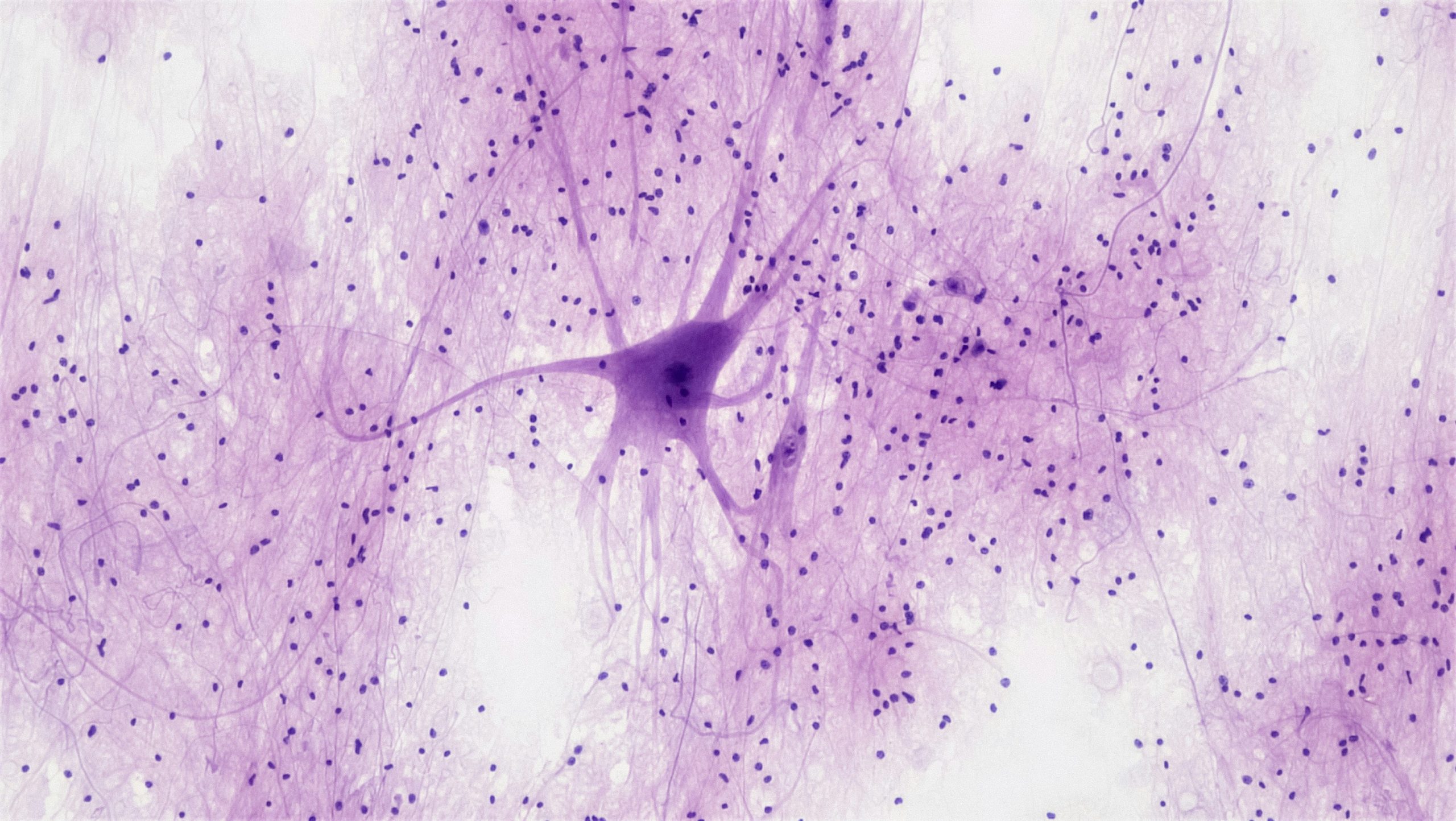Runner-up of the Hilary Term 2020 Schools’ Writing Competition
Sri Kousthubha Allampalli, Year 13, Surrey
16th July 1969. The date of the launch of the Apollo 11 mission, during which mankind finally made its mark on the moon. A memorable moment for all, and a source of inspiration for many of the aspiring astronauts out there. Now, with the new Artemis mission under way and with the astronauts involved graduating on January 10th 2020, there is certainly a lot of attention drawn towards the space exploration industry at the moment. But there are many amongst us who are asking the question ‘Why?’ Because, while the space industry is in the spotlight, many climate change news stories are also hitting the headlines at the same time, so one must wonder whether space exploration really is worth it and what it’s all for?
Now it’s no new news that launching spacecrafts is harmful for the Earth’s atmosphere. Most rockets are propelled using liquid hydrogen fuel, releasing water vapour, and many rockets also release several kilotonnes of carbon dioxide into the atmosphere every year in addition to carbon particulates which, in high proportion, can cause global dimming. All of this is thought to contribute to ozone depletion. Although ‘several kilotonnes’ seems immense, according to recent studies, this is nothing compared to the amount produced by industrial companies. Statistics show that rocket launches only count for 1% of the total ozone depletion attributed to human causes.
However, some may argue that the production and testing of spacecraft also contributes immensely to the carbon footprint. Spacecraft undergo rigorous safety testing to ensure astronauts’ safety in case of any possible emergency, which understandably requires a lot of energy. But what fewer people consider is the effect of the development of new space technology on our society today. Many NASA ‘spinoff’ products have been used to protect our environment and provide solutions to many of the problems we face here on Earth. NASA developed a device that reduces ethylene to enhance plant growth. It is thought to be the only air purifier that completely destroys airborne bacteria, viruses, volatile organic compounds (like ethylene), etc, it does not require filters to be changed and it does not produce harmful by-products. This benefits our efforts to cultivate more plants to decrease carbon dioxide levels in our atmosphere.
Another problem is that many areas around the world do not have access to clean water. During the Apollo Program, NASA workers used chlorinated solvents to clean rocket engine components at launch sites. This inspired the design of the ‘Emulsified Zero-Valent Iron’ (EZVI), a compound that remediates groundwater, cleaning up polluted areas around the world. A phototrophic cell (which utilises photosynthetic bacteria) was developed for water purification in space and this system is now used for the remediation of wastewater systems and waste from livestock farms and food manufacturers.
The overuse of electricity also poses a threat to the environment. Experimental solar-powered aircraft led to the development of cheap solar cells that generate up to 50 percent more power than conventional solar cells, hence improving efficiency of mechanisms harnessing renewable sources of energy. NASA also contributed to the development of an advanced battery management system for electric cars and tested many zero-emission vehicles, leading to the mass-production of lithium electric automobiles, making driving a lot more environmentally friendly. So although during the search for new planets we develop and launch new telescopes into space, we are at the same time benefiting our planet during the process.
But the question still remains, can we ever do enough to protect our planet? And are our efforts to find a new planet causing us to take steps back? To paraphrase Professor Stephen Hawking, we live in a world with an ever-expanding population but with only finite resources. This suggests to us that, despite our endless efforts to protect our planet, we may never be able to find a sustainable enough way to preserve its resources to the extent that habitation here is permanent. So maybe it’s about striking a balance between both – protecting our planet for as long as possible while we find a new planet to inhabit for longer. But, all in all, the discovery of a new, habitable planet is a necessity if we hope to preserve mankind.





